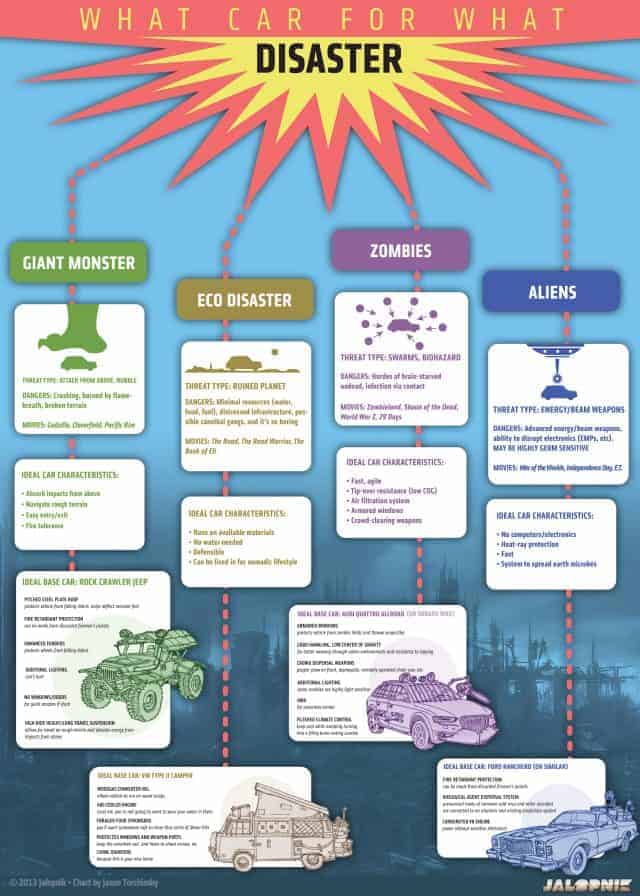Heatpump Vs Furnace - Which Is The Better Home Heating Alternative For Your Home?
Heatpump Vs Furnace - Which Is The Better Home Heating Alternative For Your Home?
Blog Article
Created By-Bonner Reese
Lots of homeowners know with heating systems, which heat homes with oil or natural gas and push hot air with ductwork. They are relatively cost-effective and can give reputable home heating even throughout a winter months power blackout.
Nonetheless, they utilize nonrenewable fuel sources and produce carbon monoxide and other air contamination. They likewise aren't as energy-efficient as a high-efficiency heatpump.
Price
Usually, heat pumps are a lot more budget-friendly to operate than heating systems. They commonly utilize power and refrigerant to essence warmth from outside air, and after that move it into your home. You can make the most of more affordable electrical power rates throughout off-peak hours to further decrease your home heating costs.
Unlike heatpump, gas or wood-burning furnaces use burning to produce warmth, emitting flue gases right into the ambience that can be damaging to your health. These furnaces are additionally less energy-efficient than heatpump, and their greater operating costs can build up over time.
Heating systems are more complicated than heat pumps and call for normal maintenance to guarantee the appropriate function of all parts. Regardless of this, they have a tendency to last longer than heatpump with a normal lifespan of 20 years or more. However, you'll require to consider the price of gas, fuel oil or timber and the additional devices needed for installment and procedure such as air ducts and air flow systems.
Energy Effectiveness
Heatpump have a higher energy effectiveness ranking than heaters. These systems use power to feed on warmth from the air, even in freezing temperature levels. https://landenqfsfr.blog-eye.com/29413877/are-warmth-pumps-one-of-the-most-reliable-hvac-solution-for-your-home-a-comparative-evaluation can additionally get rid of excess warm from the home throughout warmer months and reuse it to cool down the system. Provider specialists can assist you identify the very best model for your home on climate and source power costs.
Heaters melt fuel oil, propane, gas or various other kinds of fossil fuel to heat up the air in the home. This air is then spread via ductwork using a big follower. Furnaces generate greenhouse gases and require routine upkeep and equipment upgrades to ensure secure operation.
The greatest advantage of a heating system is that it can be run also in harsh wintertime conditions since it does not rely upon outdoor temperatures to warm the air. Heating systems additionally have a longer lifespan than heat pumps and generally last 15 years. They can also be paired with twin fuel options, which pick the most efficient home heating choice based on the climate.
Environment
Heat pumps function well in modest climates and utilize much less source energy than furnaces. However, if your region is remarkably cool, you may require to buy a conventional gas furnace rather.
Heaters offer warm, relaxing warm and usually use quick heating to elevate interior temperature levels. These systems can be made use of with a variety of gas types, including gas, lp, oil or electricity.
They consume extra energy than heat pumps-- as much as 3x as much-- and need ductwork that's costly to install or retrofit. click for source to preserve, as they can trigger air top quality issues and generate greenhouse gas emissions.
If you're dedicated to decreasing your carbon footprint, a heatpump is a good choice for your home. They have fewer greenhouse gas exhausts than furnaces, especially if you choose an ENERGY STAR ® heat pump. Your local copyright professional can discuss the differences between these 2 heating systems and aid you make the best decision for your unique demands.
Individual Preferences
Heating systems can be really power efficient when powered by natural gas, propane or oil, yet they aren't as energy effective as heat pumps in frigid climates. They can also be more costly to set up, calling for gas lines and ventilation systems.
Nonetheless, furnaces tend to call for much less maintenance, which can lead to reduced ongoing costs. They create fewer greenhouse gases and are a lot more reliable than heatpump throughout severe weather.
Electric heat pumps are a lot more flexible in producing interior convenience due to the fact that they can likewise work as air conditioners throughout warmer months. They can be easier to maintain, calling for only normal air filter changes and occasional vacuuming.
If you choose the convenience of a solitary system that does it all, think about a hybrid home heating solution that pairs a heating system with an electrical heat pump. These systems can instantly change in between the two heating options based upon your home's needs and temperature problems, maximizing effectiveness and savings.